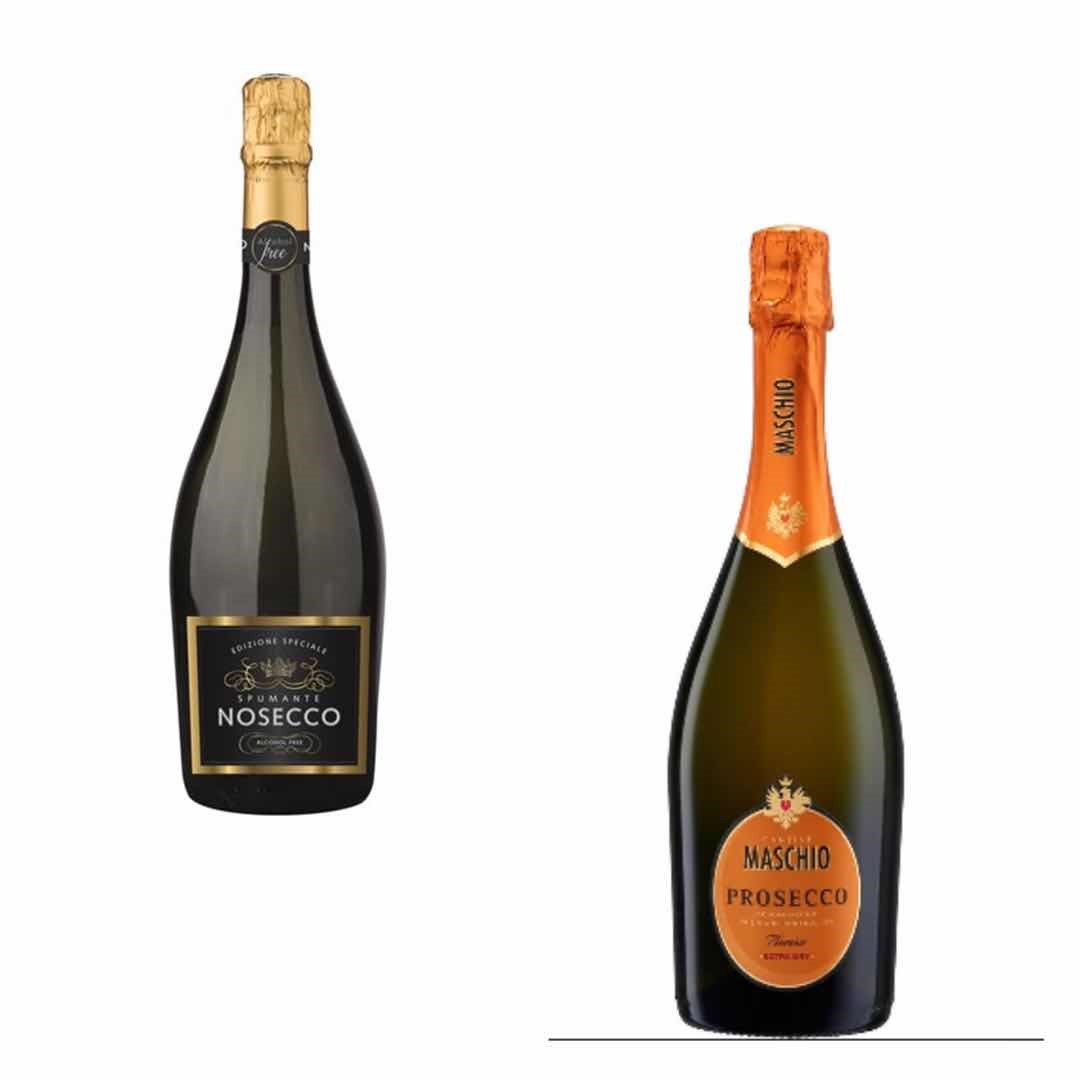Prosecco vs Nosecco: a resonant battle

Prosecco is finally celebrating the end of a trademark battle started in 2018 against the French company Les Grands Chais De France (“Les Grands”). [Les Grands Chais De France SAS v Consorzio di Tutela della Denominazione di Origine Controllata Prosecco [2020] EWHC 1633(Ch) (24 June 2020)]
Prosecco popularity is very high and its name is famous worldwide. Furthermore, in recent years it has been listed in the European Union as Protected Geographical Indication with two types of wine: Prosecco di Valdobbiadene and Prosecco Asolo.
Nevertheless, Prosecco producers are not strangers to this kind of legal battles over their wine. Indeed, the latest spat span when Les Grands Chais has been selling a non-alcoholic bubbly in the UK under the puny moniker "Nosecco".
However, when LGCF tried to get a British trademark for their dealcoholized sparkler, Prosecco producers put a cork in the plan. The consortium representing the Italian bubbly objected, claimed that the brand was an obvious riff on their E.U. Protected Designation of Origin.
The French company argued the name was never meant to rival Prosecco in the UK. Instead, it was chosen to capture the drink’s alcohol-free quality while playing on the fact that it wasn’t “sec,” or dry, like the Italian wine, but rather sweet.
But the UK’s Intellectual Property Office found in favor of the Italian producers, deciding that in the minds of consumers the name Nosecco evoked the hugely popular Prosecco, considering also a serious risk, that consumers would believe the drink was in fact non-alcoholic Prosecco.
Consorzio’s evidence had also demonstrated a clear reputation in the UK territory of their famous product. On the question of potential deception, the inclusion of Italian words on the product label served to reinforce the incorrect assumption that NOSECCO originated in Italy despite being manufactured in France.
The fact that the NOSECCO product was sold in glass bottles very similar to a typical Prosecco bottle, was also a key consideration in finding that deception was likely.
 | Les Grands appealed the opposition decision to the High Court, claiming many errors were made in reaching the decision. These were considered, but ultimately dismissed, with the appeal being found in favor of the Consorzio. The decision, which is not surprising at all, does raise several noteworthy points:
The Appellant had criticized the lack of expert evidence in relation to similarity between the parties’ goods. |
The Court stated that the similarity is obvious, and that in fact, the Appellant’s own evidence reinforced this view, showing the NOSECCO product presented in a Prosecco-like bottle, served in flute-shaped glasses, used on celebratory occasions and described by reference to its colour, nose and palate in the same way that PROSECCO wine would be.
The Appellant had therefore “gone out of its way to portray and market its product as being as similar to a sparkling wine as possible, save only that it has no alcohol”.
Even if the decision takes a positive effect, troubles are not finished for the Consorzio and Prosecco, since it discovered that another word mark NOSECCO was filed in May 2020 by a British company which includes in its goods also alcoholic, non-alcoholic wines.
If the mark will be eventually published for opposition another legal challenge will appear for the Italian Consorzio to be follow.
Laura Batzella
HFG Law&Intellectual Property


